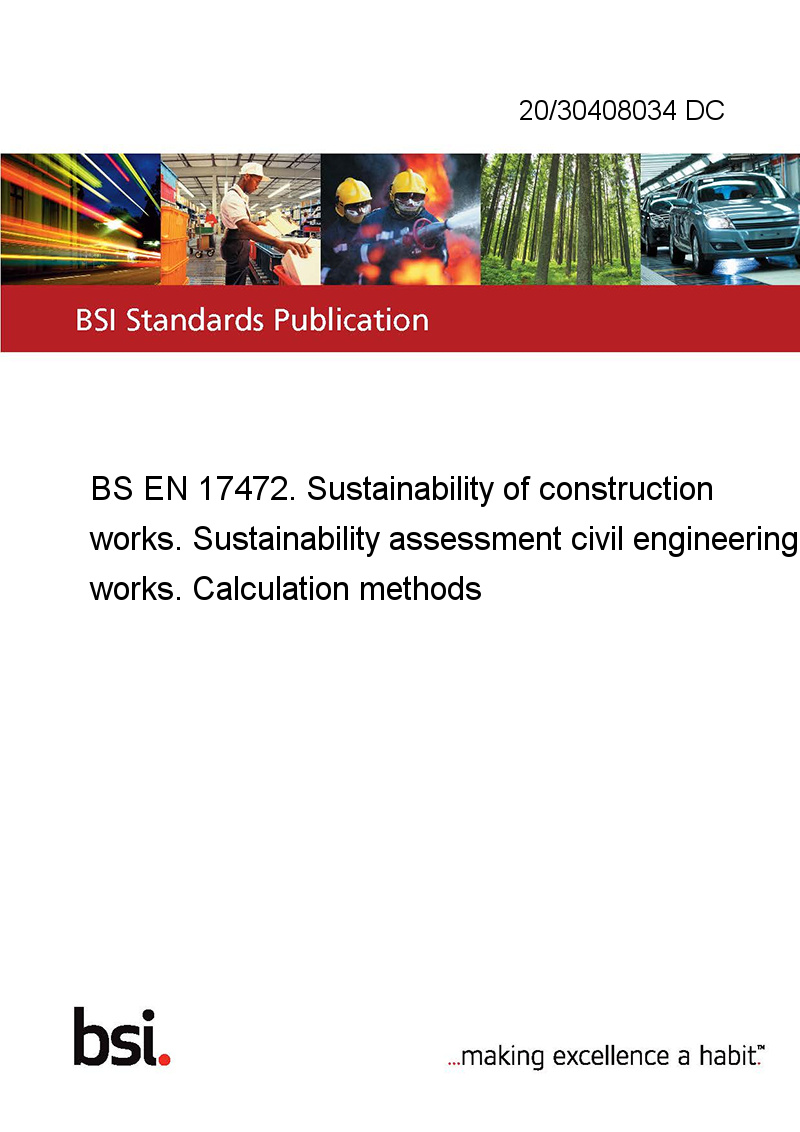The Importance Of Sustainability Assessment In Civil Infrastructure Projects

Hey y'all! Have you ever heard of the term "sustainability"? It's an important concept in the world of construction and building works. But what exactly does it mean? And why is it important? We're here to break it down for you.
Introduction
Sustainability refers to the ability to maintain or support something over time. In the context of construction works, this means creating buildings and infrastructure that can meet the needs of present and future generations, without compromising the health or safety of the environment.
This is an important consideration for future generations. Historically, much of the construction industry has focused on short-term goals and profits, without considering the long-term implications of their work. By prioritizing sustainability, we can create a more resilient and healthy future for all.
Why is sustainability important in construction?
There are many reasons why sustainability is important in the construction industry. Here are just a few:
1. Climate change
Climate change is one of the biggest threats facing the planet today. The construction industry is a major contributor to greenhouse gas emissions, which are a key driver of climate change. By prioritizing sustainability, we can reduce our impact on the environment and help to mitigate the effects of climate change.
2. Resource depletion
Many of the materials used in construction, such as concrete and steel, are non-renewable resources that are in limited supply. By using these resources more efficiently and sourcing sustainable alternatives, we can help to preserve these valuable resources for future generations.
3. Health and wellbeing
The built environment has a significant impact on our health and wellbeing. Poor air quality, inadequate lighting, and other factors can contribute to a range of health problems. By prioritizing sustainability, we can create buildings and infrastructure that promote healthy living and working environments.
4. Economic benefits
Sustainability can also bring economic benefits. By creating more efficient buildings and infrastructure, we can reduce operating costs and improve the bottom line. Additionally, sustainable construction practices can create new opportunities for businesses and entrepreneurs.
FAQ
What are some examples of sustainable construction practices?
There are many sustainable construction practices that builders and architects can use to reduce their impact on the environment. These include:
- Using recycled or sustainable materials
- Designing buildings that maximize natural light and ventilation
- Installing energy-efficient lighting and appliances
- Using renewable energy sources like solar or wind power
- Reducing waste and recycling materials
What are some challenges to implementing sustainable construction practices?
Implementing sustainable construction practices can be challenging, especially in the current economic climate. Many builders and contractors are focused on short-term profits, which can make it difficult to justify the additional costs associated with sustainable practices.
Additionally, sustainable construction practices often require specialized expertise and equipment, which can add to the cost and complexity of a project.
What can individuals do to promote sustainability in construction?
Individuals can play an important role in promoting sustainability in the construction industry. Here are a few things you can do:
- Choose builders and contractors who prioritize sustainability
- Encourage builders and contractors to use sustainable practices
- Advocate for policies that promote sustainable construction practices
- Reduce your own environmental impact by conserving energy and water in your home
- Support sustainable businesses and products
Conclusion
Sustainability is an important concept in the world of construction and building works. By prioritizing sustainability, we can create buildings and infrastructure that meets the needs of present and future generations, without compromising the health or safety of the environment.
Thank you for taking the time to learn more about this important issue. We encourage you to continue to explore ways that you can promote sustainability in your own life and in your community.

Post a Comment for "The Importance Of Sustainability Assessment In Civil Infrastructure Projects"